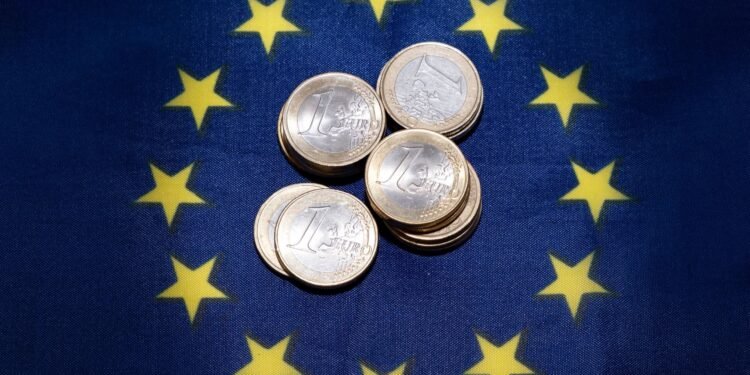Belgium (Brussels Morning newspaper) The EU’s financial watchdog or auditors have highlighted “errors” in spending from the EU budget.
In a report, they say these “errors” had “increased significantly” in 2022.
This is the main finding of the European Court of Auditors’ annual report.
The auditors also warn of the growing risk of borrowing for additional payment needs, such as those triggered by the pandemic response and Russia’s war of aggression against Ukraine.
They recommend taking measures to address the impact of high inflation on the EU budget.
The auditors conclude that the EU’s accounts for the 2022 financial year give a true and fair view and that revenue transactions can be considered error-free.
However, €196 billion in spending from the EU budget was affected by a significant increase in the level of error to 4.2 % (2021: 3 %).
The auditors consider two-thirds (66 %) of the audited expenditure to be high-risk.
The rules and eligibility criteria governing this type of expenditure are often complex, making errors more likely.
The auditors also concluded that the regularity issues and weaknesses found in the member states’ control systems affect the €46.9 billion spent under the Recovery and Resilience Facility (RRF).
As in the last three years, the auditors concluded that the level of error was what they call “material and pervasive “and have thus issued an adverse opinion on the EU’s spending in 2022.
The comment came from said ECA President Tony Murphy.
He said, “The EU has demonstrated its ability to respond swiftly to a whole series of unprecedented crises with unprecedented action.
“However, the substantial amount of available funds in such an environment entails an increased budgetary risk.
“Our findings show that the risk has to be better managed, as we continue to detect errors through our work that led to a significant increase in spending affected by error”, said Murphy.
The EU budget’s total exposure to potential future obligations was €248.3 billion by the end of 2022 (up from €204.9 billion in 2021). Part of the increase is due to the EU’s financial assistance to Ukraine, which more than doubled in 2022 compared to 2021 (€16 billion, compared to €7 billion).
The court says that the estimated level of error is not a measure of fraud, inefficiency, or waste: it is an estimate of the amount of money that was not used in compliance with EU and national rules.




